Category: State Board of Education
State Board of Education approves new definition of specialized certificate
The Idaho State Board of Education approved the addition of a new section to Idaho State Board of Education Governing Policies & Procedures, Section III.E during the Aug. 26 regular Board meeting. This change defines a specialized certificate, which provides additional opportunities to further develop or upgrade skills in an occupation for individuals who already hold a certificate or degree.
The new definition distinguishes a specialized certificate from the current academic, basic, intermediate, and advanced technical certificates. The Idaho Division of Career Technical Education (IDCTE) proposed the change after they and the Technical College Leadership Council identified a need to develop a specialized certificate for completing specific, industry-validated courses that are sequenced to develop and upgrade skills in an occupation.
“This is not entry-level training. It’s really for more advanced students who have industry experience and are working towards more advanced technologies and experiences,” said Jeffrey Ober, Ed.D, dean of career and technical education at Lewis-Clark State College.
“We needed a certificate that represented work completed by students that were at a fairly advanced level but involved fewer credits,” said Barry Pate, Ph.D., dean of career and technical education at the College of Southern Idaho. “We have students who may have already completed a degree and are returning for additional advanced training. This specialized certificate is awarded for that level of achievement, even though the number of credits completed may remain small.”
The specialized certificate will allow technical colleges to continue to work closely with their regional and local employers to provide an additional level of specialized training.
“Our technical colleges play an important role in creating new opportunities for adults to advance in their careers,” said Adrian San Miguel, Director of Program Services for IDCTE. “As we work towards economic recovery and regrowth, this certificate will help to fill critical skills gaps.”
 Official Government Website
Official Government Website